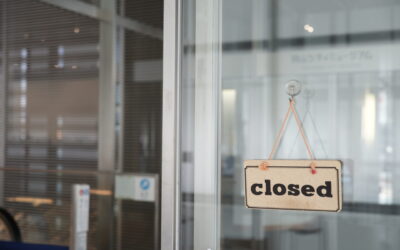Hello, dear readers! Welcome back to our blog. Today, we’re unraveling an intriguing tax evasion case from Tokyo involving high-end cosmetics. Or should we say, water? Yes, you read that right!
—
The Deceptive Trade
A Tokyo-based cosmetics wholesaler and export company was found to be masquerading in their trade of high-end cosmetics. But here’s the twist – they were dealing with water! This elaborate ruse was uncovered during a meticulous tax investigation by the Tokyo Tax Bureau, leading to a staggering fine of around 44 billion yen.
—
The Tax-Free Export Scheme
These companies cleverly exploited a system where exported goods are tax-exempt. Their goal? To bag hefty consumption tax refunds. They claimed to have procured high-end cosmetics worth about 370 billion yen from renowned manufacturers like P&G and Shiseido. These cosmetics were then allegedly sold to about ten export companies for a similar amount.
—
The Truth Unveiled
However, the tax bureau’s probe revealed a different story. The transactions were fictitious, and the actual product was water. The supposed suppliers of these cosmetics were nothing but shell companies. The export companies confessed that they were merely lending their names and had no involvement in any cosmetics transactions.
—
**Connecting the Dots**
During the period these transactions were claimed to have occurred, the wholesaler was found to have made significant purchases of drinking water from a local liquor store. The tax bureau deduced that the company was trading boxed water, cleverly disguised as cosmetics.
—
The Financial Mechanics
To give you a clearer picture: If a company purchases goods worth 37 billion yen, they incur a consumption tax of 3.7 billion yen. The company can claim the 3.7 billion yen as a consumption tax refund if these goods are exported at the exact purchase price, thanks to the “export tax exemption” provision. This refund, in essence, is a fraudulent claim.
Regarding corporate tax, if the company’s sales and purchases amount to 37 billion yen, the profit is nil, and no corporate tax is payable. But in reality, if the company sold goods worth 37 billion yen and only spent 3 billion yen, they are evading a tax of 10.2 billion yen by camouflaging the purchase price.
—
The Verdict
The tax bureau slapped the wholesaler with a consumption tax of about 35 billion yen, including underreporting penalties. This was because the purchase wasn’t 370 billion yen for cosmetics but roughly 30 billion yen for bottled water. The boxes containing this water were misleadingly labeled as cosmetics.
The export companies weren’t spared either. They faced fines of about 9 billion yen for their fraudulent refund claims. The tax bureau suspects that the wholesaler orchestrated this scheme, intending to distribute the refund money among the involved companies.
—
Conclusion
This intriguing case underscores the lengths some businesses might go to dodge taxes and highlights the significance of stringent tax enforcement. We hope you found this tale as captivating as we did. Stay with us for more such insights, and if you enjoyed this read, don’t forget to like, share, and subscribe. Until next time, stay informed and stay safe!




